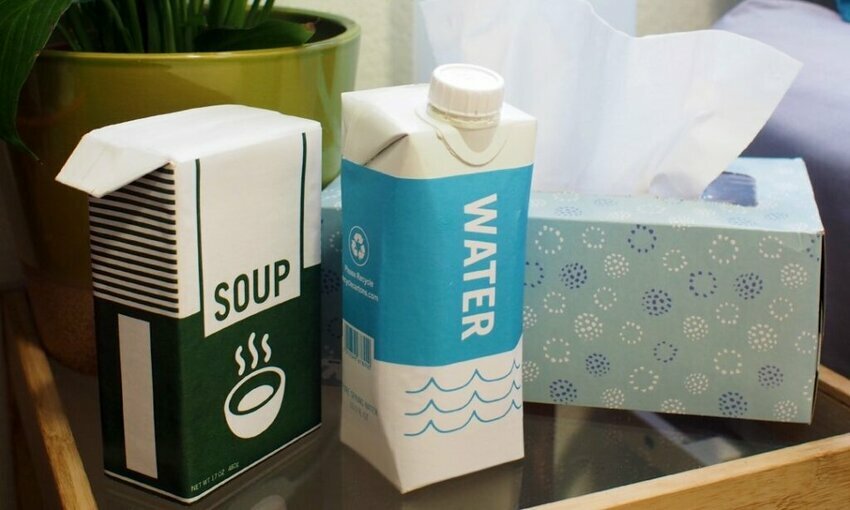 (Credit: Carton Council)
(Credit: Carton Council)A collaboration by a tissue company, packaging manufacturers, and the state of Michigan is leading an initiative to improve Michigan recycling infrastructure and manufacturing to produce more sustainable materials.
The partnership will help increase the recycling of food and beverage cartons and find better uses for polyethylene and poly/aluminum in the packaging. The recycled materials can then be made into new paper products or other items such as sustainable construction materials.
The collaboration is between Great Lakes Tissue, the Carton Council of North America, and the Michigan Department of Environment, Great Lakes, and Energy (EGLE), and in part by NextCycle Michigan. The Michigan Department of Agriculture and Rural Development is also providing matching funds for the project, which Resource Recycling reported to be $250,000.
Funding for the project will provide Great Lakes Tissue with new equipment to improve the processing of poly and poly/aluminum residuals from the pulping process. It has helped the company significantly reduce the moisture content from the materials as well as process more cartons.
Great Lakes Tissue says the equipment has helped it reduce the water content in the materials from 65% to 17%. Another benefit of that reduction is decreasing the weight of the packaging, which allows for more efficient transport and lower greenhouse gas emissions.
The company says it is also able to recapture the water and recycle it back into the production process for reuse.
The poly/aluminum residue is currently being sent to St. Mary’s Cement in Charlevoix, Michigan, where it helps offset the use of coal as fuel. Great Lakes says it is exploring other uses for the material with the target of making new products out of it.
Paper containers and packaging are recycled at a nearly 81% rate, according to the EPA. The food and beverage industry is helping drive growth in the green packaging market, which is expected to be valued at $451.7 billion by 2028, according to Research Drive.
Packaging companies are also striving for sustainable materials and improved processes, even as volatility persists in the market. Recycling programs are also growing, and programs like the Recycling Partnership have helped increase community operations and circular manufacturing of materials.
Great Lakes Tissue says it has been using 100% recycled materials to make tissue products, cartons, and other post-consumer products for nearly 30 years. The company told Resource Recycling that its production processes result in about 30% residuals, mostly polyethylene and poly/aluminum, and Great Lakes Tissue wants to make the material more reusable.
The Carton Council, a national group of packaging manufacturers, told Resource Recycling that they are willing to work with other mills on similar projects.